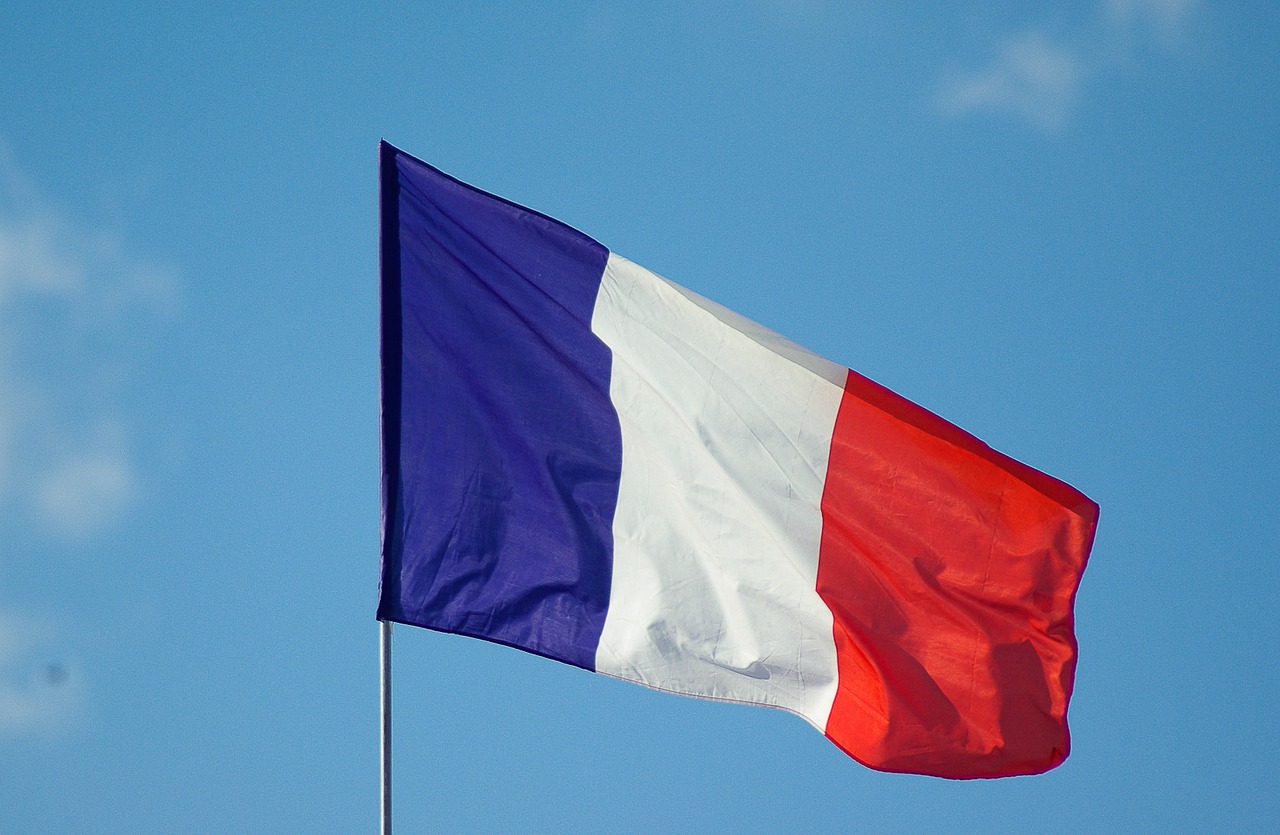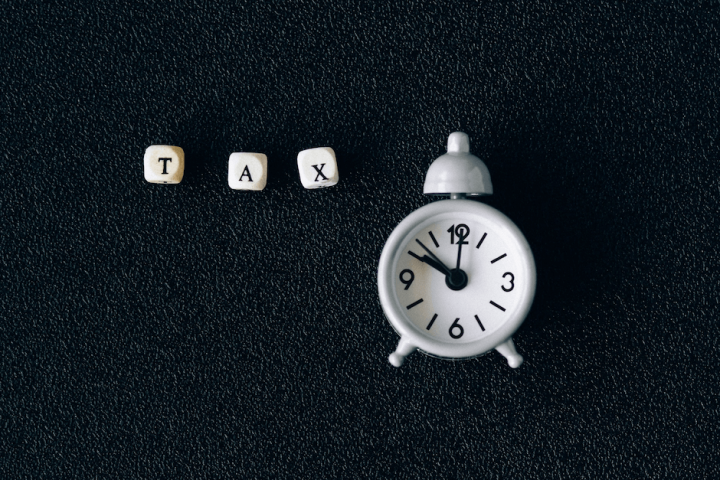The fact that several African countries have been under the influence of the French for about 75 years now is stunning. Unable to let its colonies go, France continues to exploit African countries with unfair obligations, one of which has raised a raging debate over the years.
Dubbed the colonial tax, the infamous obligation on CFA Franc Zone members requires them to “keep 50 percent of their foreign exchange reserves in an operations account held at the French Treasury.”
Colonial Tax to France: the Origin
According to an article by Mawuna Remarque Koutonin, the French were reluctant to allow their colonies to have complete freedom. The colonial rulers felt that their colonies should not benefit from the infrastructure and other development efforts they had made. In Guinea, for example, the French destroyed everything they could not take back to their country. They burned food, killed cows, and destroyed buildings and books. These outrageous actions were all because Guinea wanted independence.
Other colonies that made efforts towards independence met resistance from the French in the form of coups that ex-French Foreign Legionnaires implemented against elected presidents.
Seeing that the fight for independence was inevitable, France decided to grant its colonies free rule. However, countries had to sign cooperation pacts that ensured that their ties were not severed. These accords tied the former colonies to the Franc, the French educational system, and its military and commercial preferences.
The Colonial Pact
The colonial pact between France and its former colonies indicates a ruler that was not ready to let go. Whether France regrets that decision today is debatable. However, the European nation has benefited greatly from this pact because the African countries contribute $500 billion to its treasury every year.
The obligations that France subjected to some ex-French colonies under the colonial pact include:
- Paying for the infrastructure France built during colonisation.
- Keeping 50 percent of their foreign reserves in the French Treasury. 14 African countries have been doing this for years. Interestingly, these countries can only access 15 percent of their reserves each year. If they need more, they have to borrow it.
- France has the first right to purchase any natural resources discovered.
- French companies have dibs on all government procurement bids
- Senior military officers are trained in France.
- France has the right to deploy its military in the African countries
- Countries have to make French the official language and the education language.
- Using the French colonial currency.
- Former colonies have to send a reserve report to France.
- Ex-colonies cannot enter into military alliances with other countries without approval from France.
- Ex-colonies are required to join forces with France during war or global crisis.
The ex-French colonies that agreed to this pact did so because they were afraid of facing the same consequences that other colonies experienced.
Understanding the Colonial Tax

France guarantees the Euro-backed CFA Franc for the 14 members of the CFA Franc Zone and in return, the country holds 50 percent of their foreign reserves. This arrangement is why critics say that the 14 countries are paying a colonial tax.
The member countries include Gabon, Mali, Niger, Senegal, Benin, Togo, Burkina Faso, Congo-Brazzaville, Ivory Coast, Chad, Central African Republic, Equatorial Guinea, Cameroon, and Guinea-Bissau.
France created the CFA Franc in 1945 because the Second World War weakened the French Franc. France did this to spare its colonies from experiencing strong devaluation. The currency was previously pegged to the Franc.
There are two versions of the CFA Franc used in two unions: the West African Economic Monetary Union (WAEMU) and the Central African Economic Monetary Union (CAEMC). In Central Africa, the CFA Franc stands for Coopération financière en Afrique centrale (Financial Cooperation in Central Africa) while CFA Franc in West Africa stands for Communauté Financière Africaine (African Financial Community).
Before independence, all French colonies in Africa used the Franc. However, after independence, several ex-French colonies exited the Franc Zone.
It is worth noting that two of the 14 countries that use the CFA Franc were not French colonies. Portugal ruled Guinea-Bissau and Spain ruled Equatorial Guinea. The former nation joined the CFA Franc Zone in 1997 while the latter joined in 1984.
France has a high degree of control over the two versions of the CFA Franc. For instance, France has representatives sitting on the CFA Franc boards of both unions.
Neo-Colonialism vs. Economic Stability

The colonial tax has attracted both support and criticism. The critical side views the French colonial tax as a form of neo-colonialism. This is because the countries do not have control over their own currency and France is seemingly holding them hostage. However, those supporting this arrangement claim that the currency has stabilised the economies of these developing countries while maintaining a low inflation rate.
Examining the effects of pegging the CFA to the Franc then the Euro, the European Union stated in 2008 that there were “favourable effects in the region in terms of macroeconomic stability.”
While the 14 countries in the two monetary unions are taking part in the pact voluntarily, the lack of control has made a fraction of them look for a way out. An example of their lack of control is that they have no idea how much of the funds they send to the French Treasury belongs to them.
The End of CFA Franc in Eight Francophone Countries
The WAEMU could soon launch a currency to replace the CFA Franc, according to an article on AA. The eight members of the CFA Franc zone will adopt the new currency, Eco, on July 1, 2020.
Like the CFA Franc, the Euro and the French Treasury will back the Eco. However, French officials will leave their board positions on the union.
By replacing the CFA Franc with their own currency, the eight nations will finally reduce the influence France has over them. The other six nations will, however, continue using the CFA Franc.
The French Council of Ministers passed a bill supporting this change in early May 2020.
To read more about Africa’s economies, check out the top seven richest countries in Africa.










